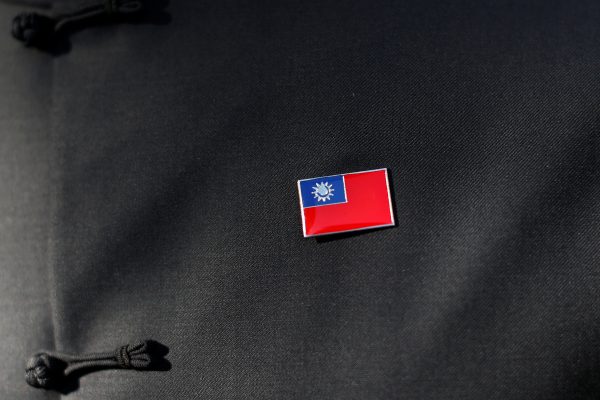The landslide election of President Tsai Ing-wen from the Democratic Progressive Party (DPP) in January 2016 was not a surprise in terms of the vicissitudes of a democracy, but it took on significance in the context of cross-Strait and US–China relations. The Taiwanese elected a government that has declined to acquiesce to the so-called 1992 Consensus, and one that has questioned the role of business and party political interests in the period of ‘cross-Strait rapprochement’ under the previous government. In response, Beijing has sought to squeeze Taiwan’s international space and limited its own contact with Taipei.
The phone call between Tsai and the newly elected US President Donald Trump in November gave the Taiwanese rare international legitimacy. It also greatly irritated Beijing and threatened to reduce the Taiwanese to a gambit by the Trump administration in the new era of US–China relations. For China, Taiwan’s status is simply non-negotiable.
But although US–China and cross-Strait relations impart geopolitical significance to the democratic choices of the Taiwanese people, they form only part of their social, political and cultural concerns. There are important administrative issues, such as pension and energy market reforms. But above all else, there is a distinct concern among the Taiwanese with coming to terms with Taiwan’s history of political violence.
Upon assuming office, the Tsai government declared its intention to establish a truth and reconciliation commission to address the bitter experiences of the Taiwanese during the authoritarian period under martial law (1949–1987). In reported comments with a group of international jurists in November, Tsai reiterated the centrality of transitional justice to her government’s policy agenda.
The truth and reconciliation commission is one of several such government initiatives.
In August, President Tsai offered a formal apology to Taiwan’s indigenous peoples. She said: ‘For 400 years, every regime that has come to Taiwan has brutally violated the rights of indigenous peoples through armed invasion and land seizure. For this, I apologise to the indigenous peoples on behalf of the government’. She was building on years of indigenous activism, and a key institutional outcome of the apology was the proposal to establish the Indigenous Historical Justice and Transitional Justice Commission.
More contentiously, in August the office of the president established an Inappropriate Party Assets Handling Commission. The commission will examine the status of financial assets held by the former authoritarian ruling party, the Kuomintang (KMT), that have been expropriated since the Republic of China took control of Taiwan from Japan in 1945. KMT party assets have long been a core issue for the DPP, while the KMT accuses the DPP of playing partisan politics under the guise of truth and reconciliation.
Taken together, these commissions and a plethora of other activities — in arts, education, museums and urban development right across Taiwan — represent an open-ended confrontation with the history of authoritarianism and historical injustice. There have been many instances of transitional justice in Taiwan since the lifting of martial law, through commissions of inquiry and compensation, commemorations and memorialisation. But far from diminishing as authoritarianism recedes into the past, this confrontation has only gathered strength in the last decade. It will intensify in 2017 — the 30th anniversary of the lifting of martial law.
It has produced a distinctive understanding of the nature of history. For Taiwan, history has come to mean discovering and uncovering that which has been concealed and silenced by state power. Writing history in Taiwan is a democratic practice that confronts authoritarianism. This grants history writing a moral and political force that is sometimes difficult for current and past supporters of the KMT to accommodate. But it is distinct from the often bitter and divisive contention over histories in post-colonial societies like Australia, in which uncovering forgotten or silenced histories, such as indigenous dispossession, bears more directly upon national identity.
The way the Taiwanese understand the nature and purpose of history writing also gives it a global dimension. Hundreds of thousands of Taiwanese left Taiwan in the martial law era, mostly for the United States. Second- and third-generation overseas Taiwanese have taken on the task of remembering and representing the authoritarian Taiwan of their parents and grandparents in their cultural production and political activism as ‘hyphenated’ Taiwanese.
This creates an alternative, transnational and transgenerational Taiwanese geopolitics. It is less visible than the dominant forms of international relations, but were Taiwan’s security to be threatened in this new and uncertain era, this geopolitics would become visible, aligning with Taiwan’s domestic democratic politics and challenging sites of global power presuming to determine Taiwan’s fate.
Mark Harrison is a Senior Lecturer in Chinese at the University of Tasmania and an Adjunct Director at the Australian Centre on China in the World, The Australian National University.

